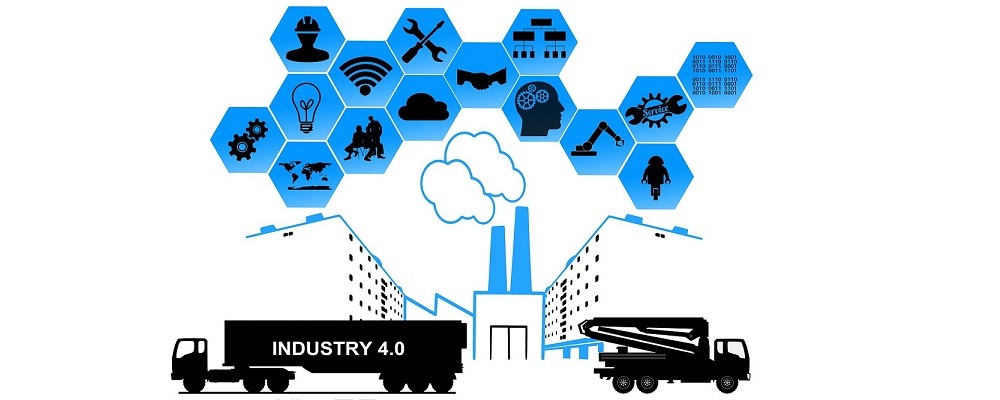Looking into the black box
Deep learning systems are revolutionizing technology around us, from voice recognition that pairs you with your phone to autonomous vehicles that are increasingly able to see and recognize obstacles ahead. But much of this success involves trial and error when it comes to the deep learning networks themselves. A group of MIT researchers recently reviewed their contributions to a better theoretical understanding of deep learning networks, providing direction for the field moving forward. “Deep learning was in some ways an accidental discovery,” explains Tommy Poggio, investigator at the McGovern Institute for Brain Research, director of the Center for Brains, Minds, and Machines (CBMM), and the Eugene McDermott Professor in Brain and Cognitive Sciences. “We still do not understand why it works. A theoretical framework is taking form, and I believe that we are now close to a satisfactory theory. It is time to stand back and review recent insights.” Climbing Continue reading Looking into the black box
